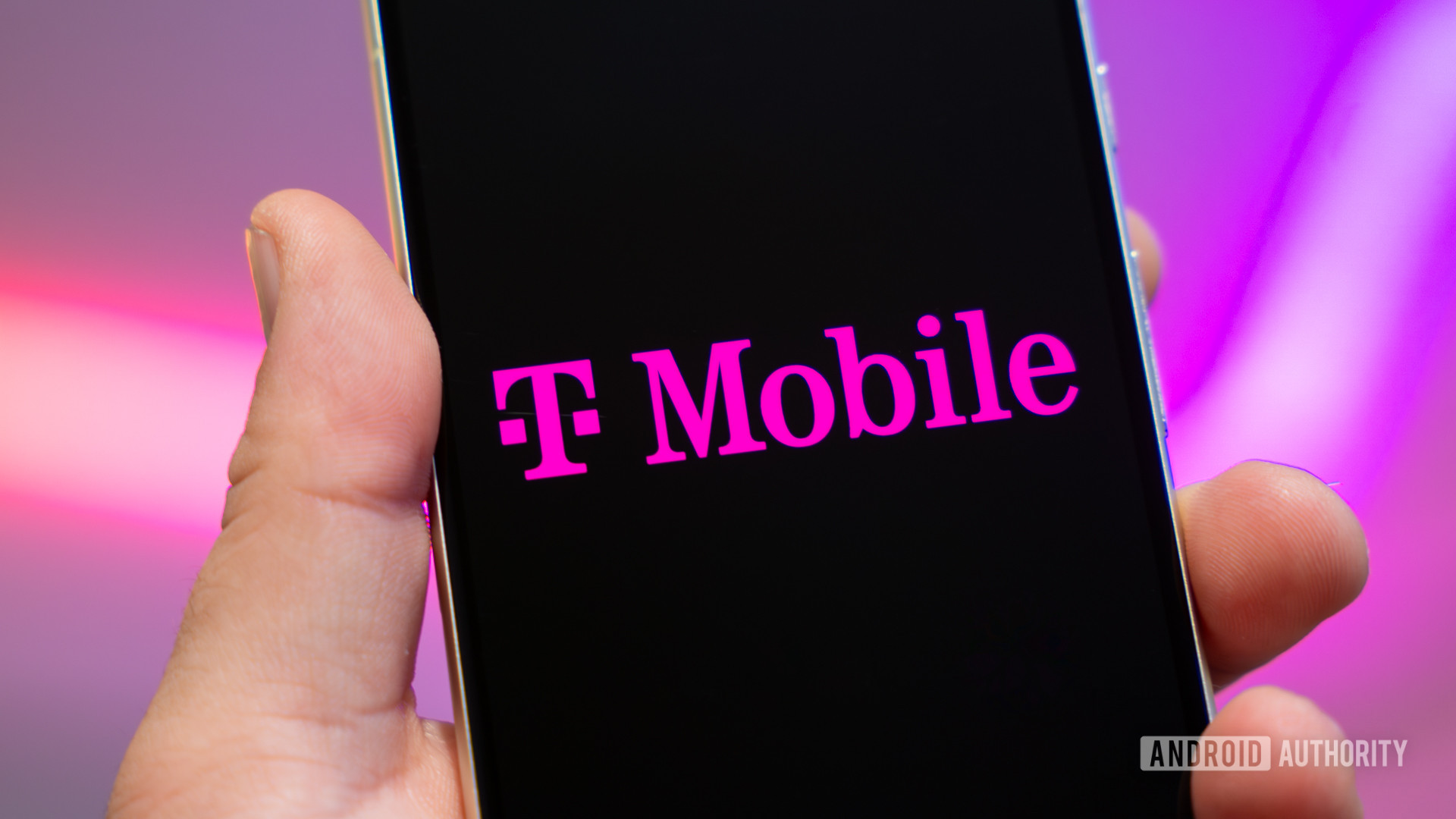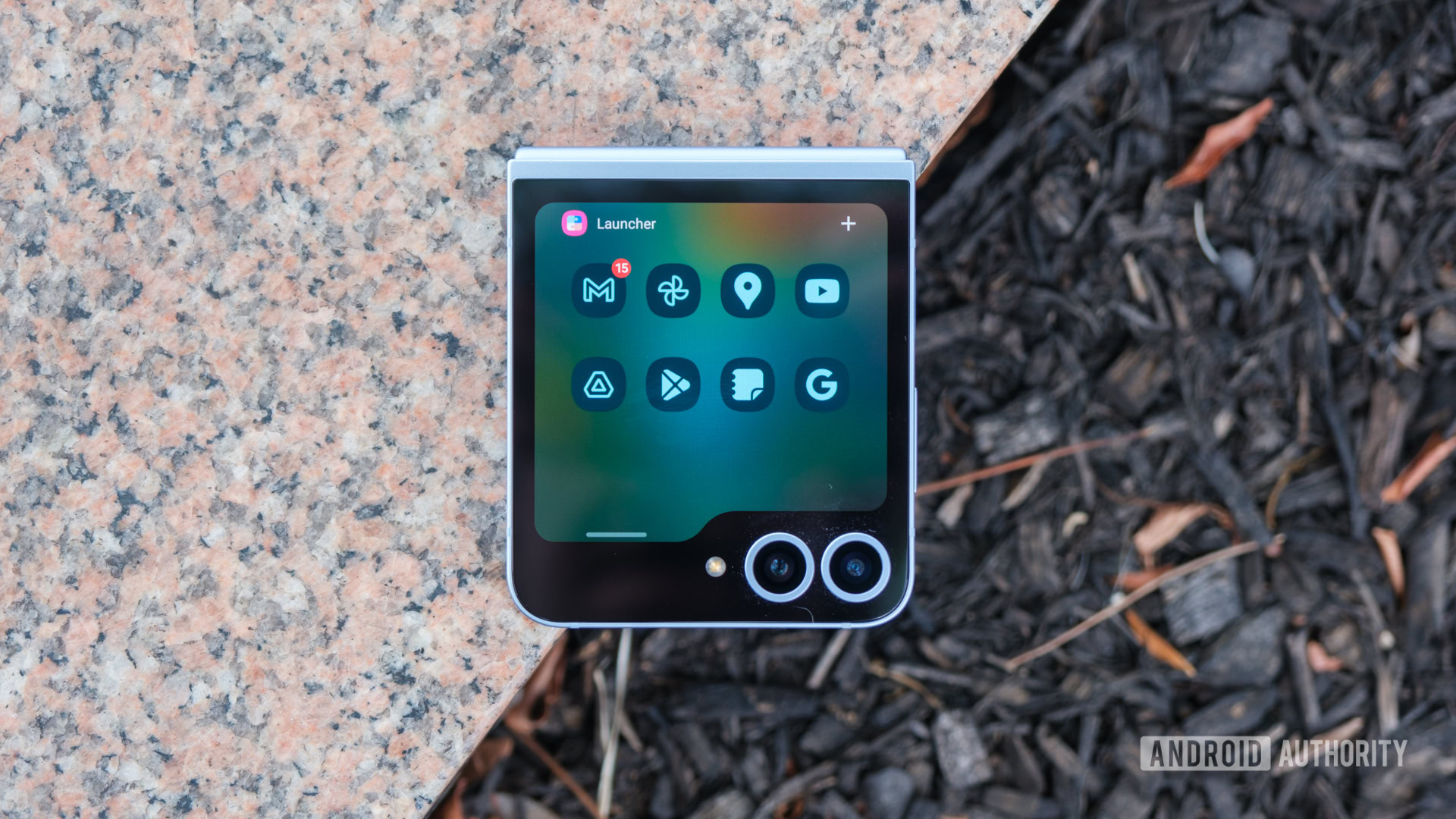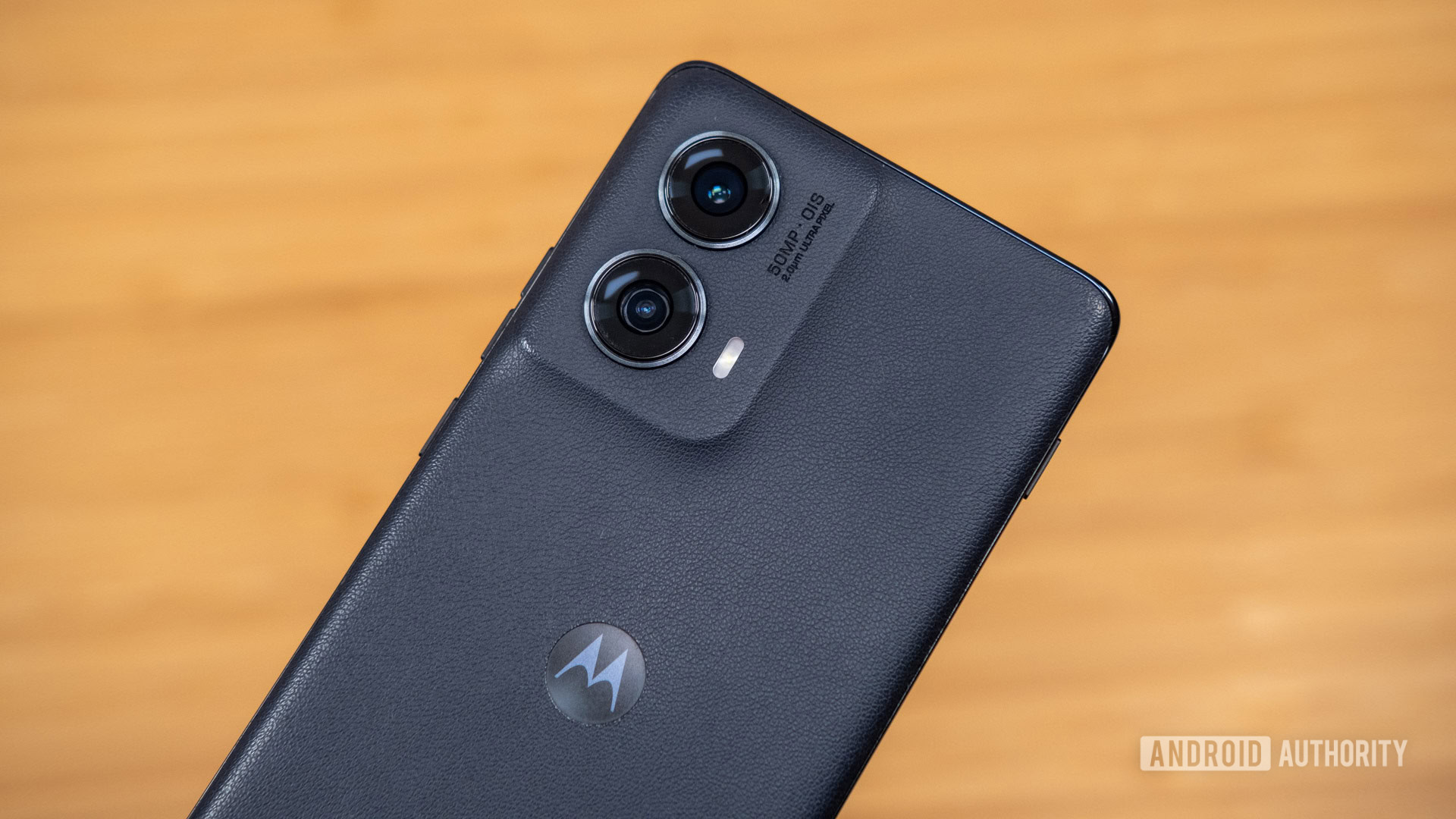
Edgar Cervantes / Android Authority
TL;DR
- AT&T highlighted several T-Mobile advertisements around its “Price Lock” guarantee to the US National Advertising Division (NAD).
- The NAD concluded that the policy description’s fine print contradicted the main “Price Lock” claim, and hence, T-Mobile has to discontinue or modify its policy to explain how it differs from a price lock.
- T-Mobile has stated that it will comply with the NAD’s decision.
Competition is necessary for consumers, not only to get more valid choices but also for the competitors to keep each other in check. T-Mobile has been in the news recently after it raised the prices of its home and internet plans, even those under a Price Lock guarantee, with the company using some fine print to try and get away with it. Thanks to competitor AT&T, T-Mobile can no longer claim a price lock guarantee if it does not keep its prices locked.
As The Verge reports, the US National Advertising Division (NAD) recommended that T-Mobile discontinue or modify its “Price Lock” policy to explain how it “differs from a ‘price lock’ which locks the price for the term of a service” to avoid conveying a misleading message to viewers and consumers. AT&T challenged T-Mobile’s marketing and advertising claims, appearing in numerous print, online, and TV advertisements.
In these challenged advertisements, T-Mobile’s Price Lock policy description adds the fine print: “Get your last month of service on us if we ever raise your internet rate.” NAD concluded that this disclosure contradicts the main message of the “Price Lock” claim.
In its advertiser statement, T-Mobile stated that it will comply with NAD’s decision although it believes that the challenged advertisements “appropriately communicate the generous terms of its Price Lock policy.” It’s not immediately clear if the company will drop the “Price Lock” wording or merely clarify the policy with more explanations.
In common parlance and general understanding, a “price lock” generally means the prices are locked. T-Mobile’s Price Lock doesn’t seemingly lock prices, as we can see from them raising their prices. What T-Mobile did was give consumers a way out if their plan prices were raised rather than commit to not raising them in the first place. T-Mobile will no longer be able to call it a “price lock,” and we can all thank AT&T for it.
Got a tip? Talk to us! Email our staff at [email protected]. You can stay anonymous or get credit for the info, it's your choice.








 English (US) ·
English (US) ·